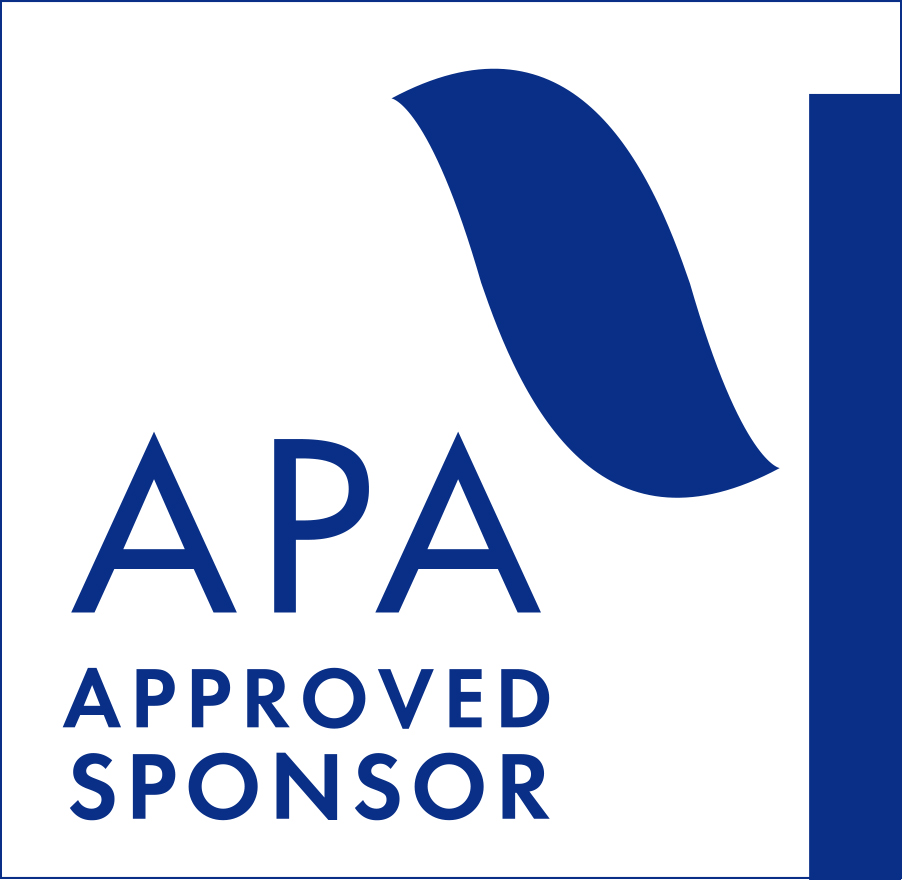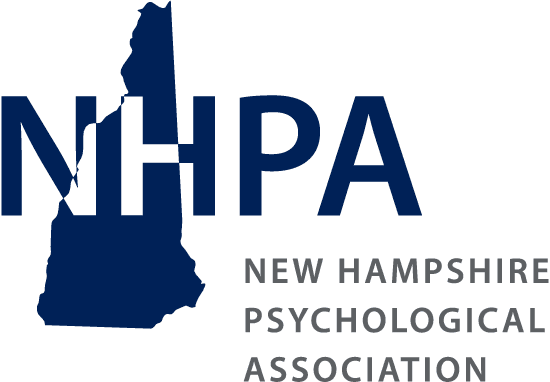LIVE ONLY! DON'T MISS OUT!
THIS WORKSHOP IS NOT BEING RECORDED

Friday October 28, 2022 | 1:00pm - 5:30pm EST
4 CE Credits
Live Webinar via Zoom
REGISTER HERE
Level of Instruction:
Intermediate
Program Description:
This training presents a framework for understanding difficult discussions in clinical supervision and a conceptual approach to managing them: formulation-driven supervision. The goal of supervision is described as guiding trainees to meet individual professional development goals and needs. By individualizing evaluation standards based on trainees’ growth in response to formulation-guided training interventions, this changes supervisors’ approach to diversity, equity, and inclusiveness considerations. Responsibilities involved in creating more diverse and inclusive professions will be reviewed in some detail against the historic structural and systemic biases that disadvantage and exclude trainees of color and of non-majority cultural backgrounds. Concrete examples, ideally from participants’ priorities and experiences, will be used to review how this approach works in practice. Participants will have the opportunity to practice using formulation-driven supervision in scenarios of personal relevance and to bring their experiences back for consideration.
Learning Objectives:
1. List at least 3 features of what makes discussions in supervision difficult
2. List at least 3 features of what makes DEI considerations in supervision difficult
3. Describe the essential features of formulation-driven supervision as an approach to having difficult discussions in clinical supervision
4. Describe how they would hold a difficult discussion regarding a topic that has arisen in their experiences as supervisors at their site
5. Describe how they would manage a challenging DEI situation that has arisen in their experiences as supervisors
6. Describe how formulation-driven supervision addresses structural systems and by-products of advantage

About the Presenter:
Paul Block, PhD, has been supervising clinical research assistants, practicum and internship students and post-docs, practicing professionals, supervisors, program directors, and senior managers for over 35 years. His early research at the University of Denver on a measure of supervision experiences accounted for EPPP scores and post-graduate salaries, and his more recent research developing a measure of clinical supervision effectiveness uses student experiences to identify multiple dimensions of supervisor effectiveness. He has presented a formulation-driven professional supervisor training program to a multi-city community service agency and led development of an in-house program in another multi-city community mental health center. He uses a formulation-focused, autonomous scholarly practitioner approach in his own supervision and in his supervision of supervisees’ supervision of their supervisees training fourth year students in supervision of first year doctoral trainees at William James College (WJC). The current training is modified from an invited training presented to WJC field placement supervisors.
------------------------------
Group Rates Available:
3 - 5 people = $15 off individual rate (member/non-member)
6 - 8 people = $20 off individual rate (member/non-member)
8 + people = $25 off individual rate (member/non-member)
Please contact office@nhpsychology.org for more information. Please include first name, last name and email address for each participant in the group, along with a contact person for the invoice.
Paying with a check:
Checks must be received within one week of the event. If payment has not been received, registrant will still have option to pay online with a credit card up until the day before the program. If an invoice remains open on the day of the event, the registrant will not be allowed to attend.
Cancellation policy:
Refunds, minus a 10% cancellation fee, will be issued for all cancellations received two weeks prior to the start of the course. No refunds or vouchers will be made thereafter. No-shows are not refunded.
Attendance policy:
Full attendance is required to obtain CEs per NHPA policy. No partial credit will be given. Those who attend the workshop and complete the evaluation form will receive 4 continuing education credits. Please note that APA CE rules require that we only give credit to those who attend the entire workshop. Those arriving more than 15 minutes after the scheduled start time or leaving before the workshop is completed will not receive CE credits.
Registrations are Transferable:
Registrants can transfer an event confirmation to another individual. The NHPA office must be notified of the transfer at least 24 hours prior to the event.

This program is sponsored by the New Hampshire Psychological Association. NHPA is approved by the American Psychological Association to sponsor continuing education for psychologists. NHPA maintains responsibility for this program and its content.
NHPA would like to thank the following for support of our educational programming

